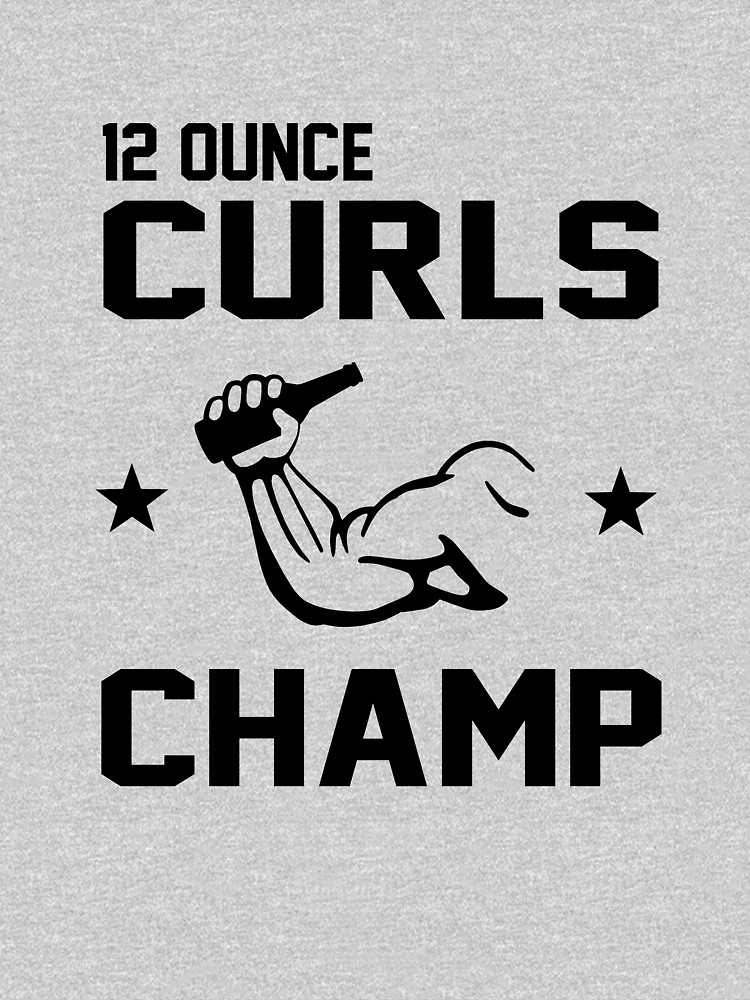REVISITED: Podcast - The Benefits of Hiring Disabled Candidates
Quick reminder and a re-visiting of an HR Happy Hour Show that we did towards the end of 2017 on an issue that continues to be in the news and is more and more important in a tight labor market - programs and processes that make employment opportunities more accessible to disabled candidates.
Here's just a bit from a long piece that ran the other day on USA Today - Willing and able: Disabled workers prove their value in a tight labor market
With the low 4.1% unemployment rate making it tougher for employers to hire and retain workers, more are bringing on Americans with disabilities who had long struggled to find jobs. Many firms are modifying traditional interviews that filter out candidates with less-refined social skills and transferring some job duties to other staffers to accommodate the strengths of people with disabilities.
"There’s a growing cadre of companies that look at people with disabilities as an untapped talent pool,” says Carol Glazer, CEO of the National Organization on Disability. “When people spend their entire lives solving problems in a world that wasn’t built for them, that’s an attribute that can be translated into high productivity in the workforce.”
The piece, (and you should really read the entire thing), highlights some examples from employers such as CVS, Microsoft, and PwC and how they have adapted job roles and functions, recruiting and screening processes, and manager education in order to make more employment opportunities available to disabled workers.
Additionally, I want to re-share and point you to a HR Happy Hour Show we did on this topicin December 2017. Our guest was Dan Peltz, Founder and Director of Shift NJ - an organization that helps candidates of all ability levels to connect with employers and find meaningful work.
Shift New Jersey was created to empower individuals. Dan and the team individuals of all ability levels maximize their potential through employment, skills training, counseling, and case management. They assist adults in preparing for college, employment, and independent living by helping them develop the vision, mindset, action steps, skills, and experience necessary to become successful.
On the show, Dan described how Shift NJ works with candidates and employers to find employment opportunities, help build skills and capabilities of candidates that may have some challenges in finding positions, and how they support both the individuals and the organizations to make these programs and placements work for everyone.
Additionally, Dan shared examples of how large employers like Amazon are working with agencies like Shift NJ to place more candidates into open roles, and how they are proactively seeking to expand their candidate pools.
Finally, Dan shared how HR leaders in any location can get started with these programs and how they benefit the organization and community overall.
You can listen to the show on the show page HERE, or by using the widget player below:
This was an interesting and important show - hope you can take some time to listen if you missed it the first time. Learn more at the Shift NJ site .
Have a great day!

 Steve
Steve
